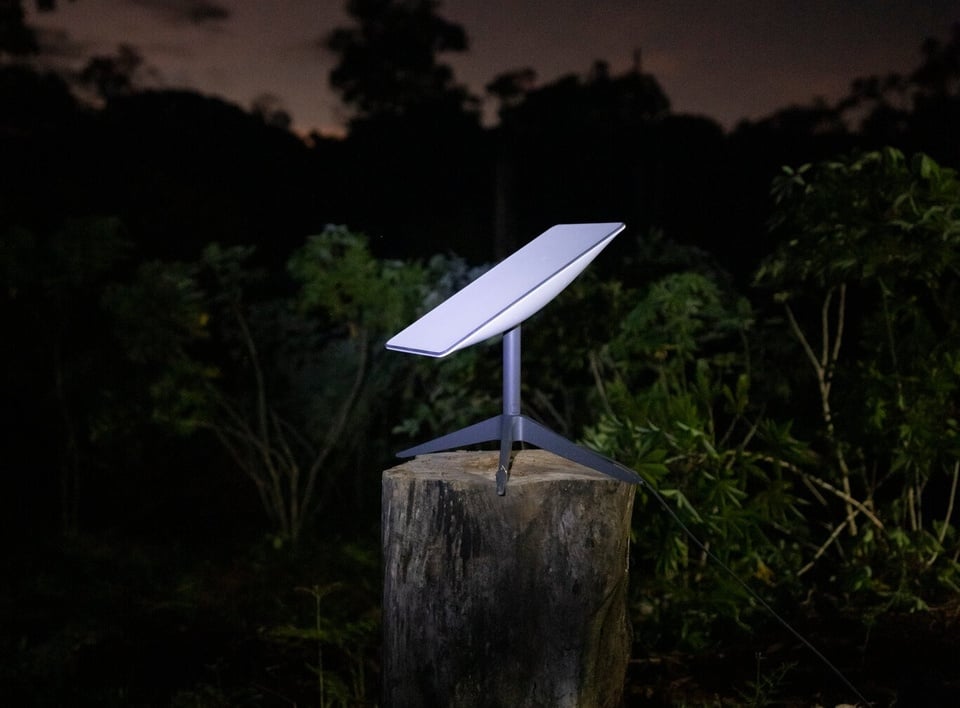 |
Starlink signal receiving dish in rural Brazil. Photo: New York Times . |
Slow-loading websites and choppy videos are common Internet problems in rural Bolivia. Many hoped Starlink would solve the problem. But the country of 12 million people has rejected Elon Musk's satellite Internet service.
While Starlink quickly covered nearly all of South America, Bolivia refused to license the service, instead continuing to use its old satellite system.
Fears of monopoly and spread of fake news
According to the New York Times , the decision angered many Bolivians because this is one of the places with the slowest internet speeds in South America, hundreds of thousands of people still cannot use the Internet, making it difficult to accesseducation and jobs.
More than 50% of households in Bolivia have broadband Internet access, which is quite low compared to Brazil (87%) and Chile (94%). More than 90% of the population accesses the Internet via mobile phones, but cannot connect in areas with poor coverage such as rural areas.
“Sometimes people have to climb trees or rocks to get a signal. That’s a big problem for us,” said Patricia Llanos, a scientist who regularly leads field teams in the Bolivian Amazon.
Despite its success with more than 7,300 satellites serving more than 5 million people in 125 countries, Starlink has not been accepted by the Bolivian government. Authorities are concerned that the service will lead to unfair competition and undermine the country's sovereignty.
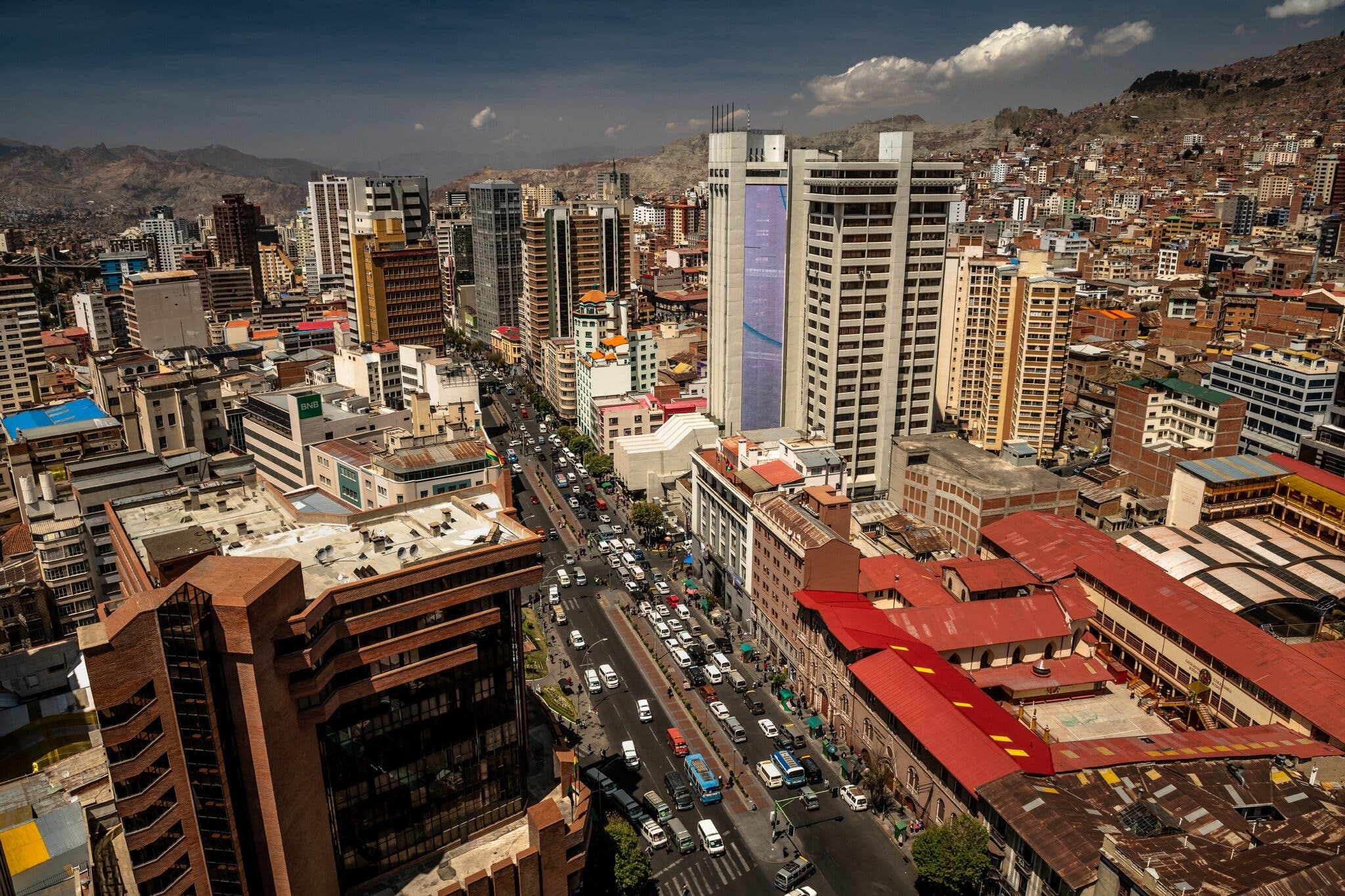 |
A corner of the capital La Paz in Bolivia. Photo: New York Times . |
Experts and local officials are concerned about Starlink’s potential monopoly in some areas. Professor Iván Zambrana, director of the Bolivian Space Agency, said Starlink “has a technological advantage,” but regulators need to ensure the service contributes to the country’s economy and “competes fairly” without undermining local internet providers.
Starlink’s service is popular in South America because of the high cost of infrastructure investment in remote areas. In places that are only accessible by boat or dirt road, Starlink receivers are smaller and cheaper, bringing Internet to homes, schools, and hospitals.
Brazil is Starlink's largest market in Latin America, with more than 250,000 subscribers by 2022. However, the country is still looking for alternatives because it does not want to be too dependent on Elon Musk's service.
In 2024, after social network X defied a court order to remove several false posts, Brazil reached a deal with SpaceSail, a Chinese satellite internet company.
Starlink's Chinese rival
Professor Zambrana in Bolivia asserted that Chinese satellites are reliable and can cover the whole country. However, experts say that older satellites cannot compete with Starlink because the signals are slow and unstable. In addition, installing antennas and signal receiving dishes in rural areas is very expensive and difficult.
Chinese satellites in Bolivia are nearing the end of their life cycle, expected to run out of fuel and cease operations as early as 2028.
Hugo Siles, Bolivia's ambassador to China, said the country was considering alternatives, including negotiating the use of SpaceSail's services.
SpaceSail plans to launch 648 low-orbit satellites this year, increasing to 15,000 by 2030, according to figures released by the Shanghai government, which owns SpaceSail.
“If one company can compete with Starlink in the near future, it is SpaceSail,” said Gregory Falco, associate professor of mechanical and aerospace engineering at Cornell University.
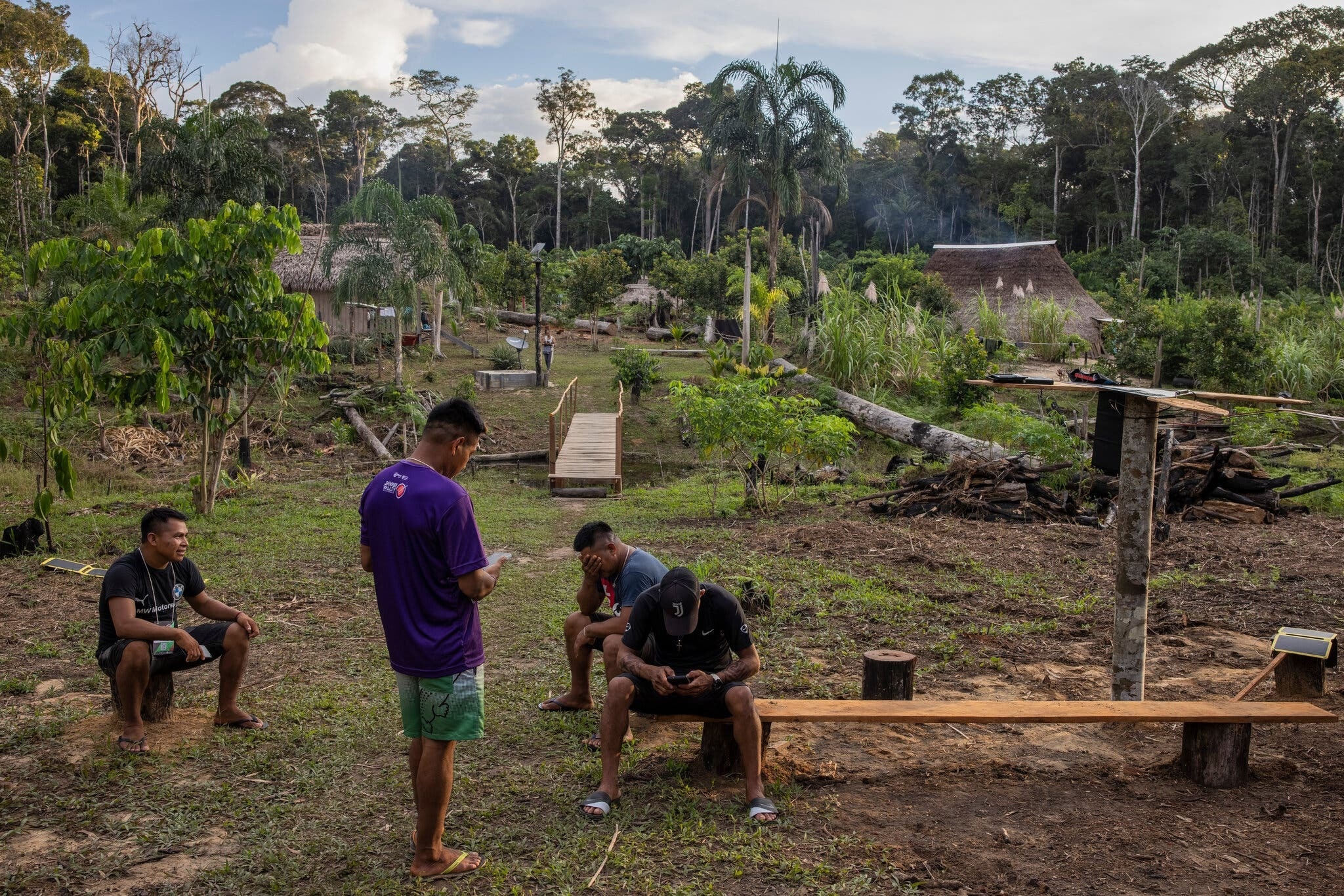 |
Marubo indigenous people using the Internet in rural Brazil in 2024. Photo: New York Times . |
Despite pressure from Bolivians, the government is still considering granting Starlink a license. The service’s website still lists Bolivia as a 2025 launch date.
Adrián Valencia, a high school teacher in the town of Quetena Chico with about 200 students, said the internet in the area was so slow that he had to drive six hours to the nearest city to send video lessons to his students.
“The internet here is terrible. Without the internet it’s like you can’t read,” Valencia stressed, adding that the situation negatively impacts education and students’ digital literacy.
Some local hotels even “illegally” use Starlink dishes imported from Chile. While the signal still reaches some areas near the border, Starlink often cuts off the Internet after a few months.
For Patricia Llanos, who once held a workshop in a forest seven hours outside the capital La Paz, she and 80 participants had to use walkie-talkies during training because the organizers couldn’t deliver Internet routers on time. She hopes to use Starlink soon.
“Even with satellites in space, we still can't connect to the Internet,” Llanos stressed.
Source: https://znews.vn/quoc-gia-tu-choi-elon-musk-post1561243.html


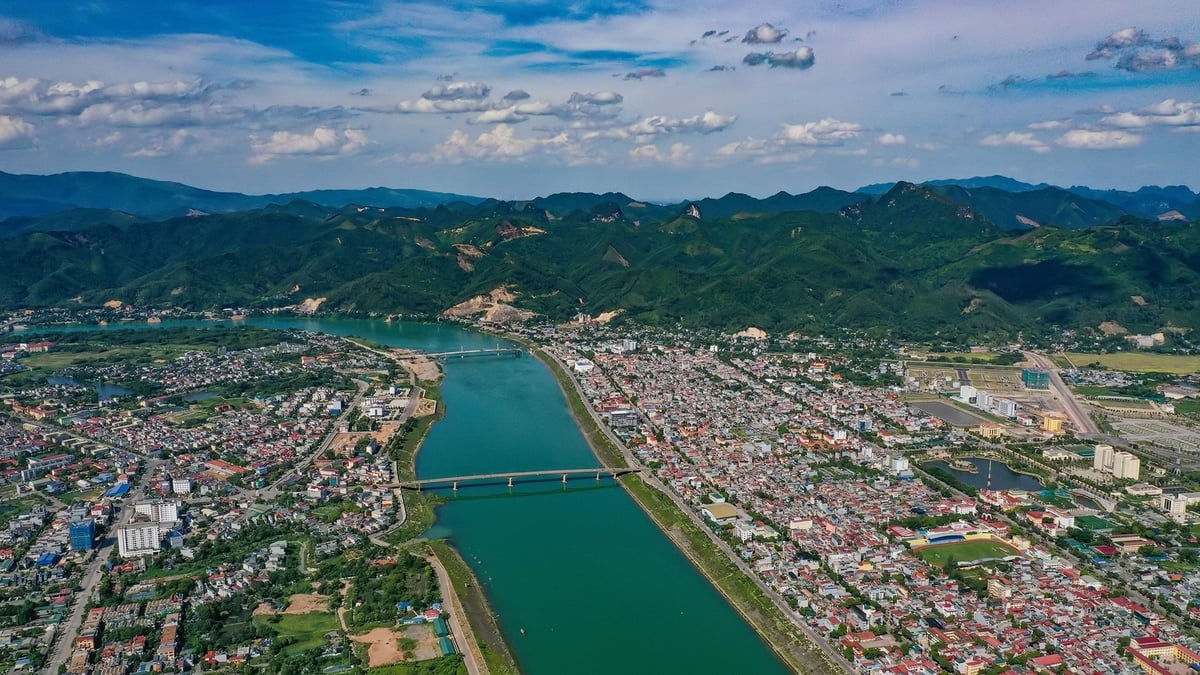


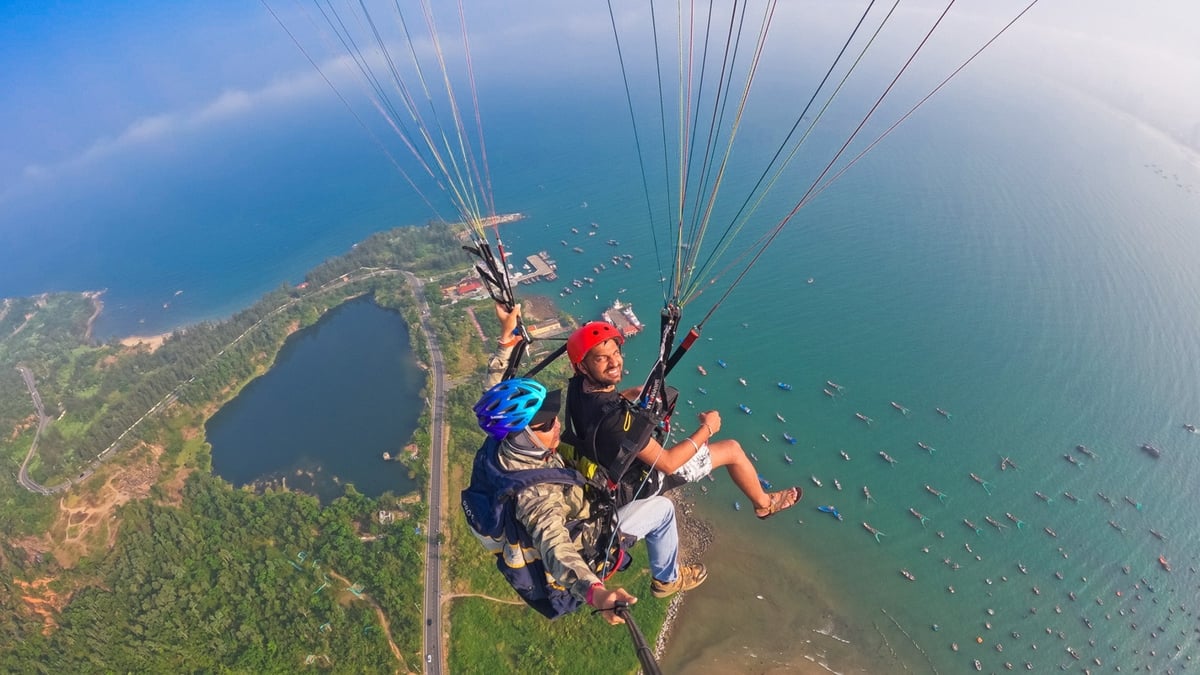






















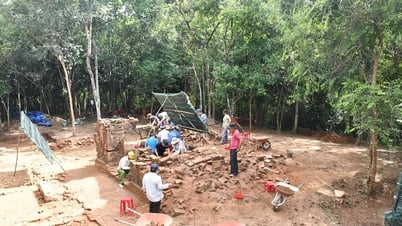













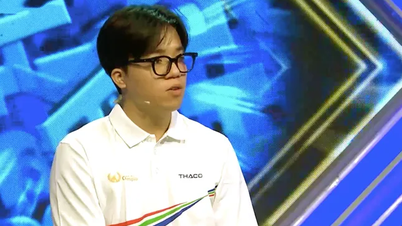












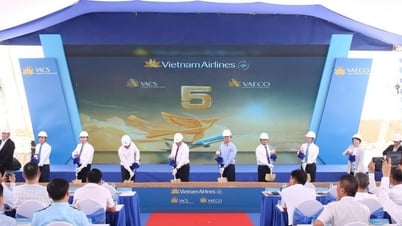

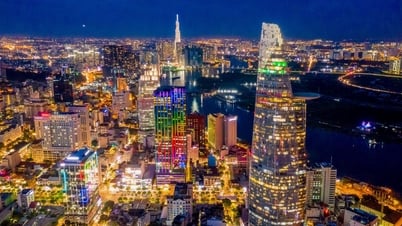

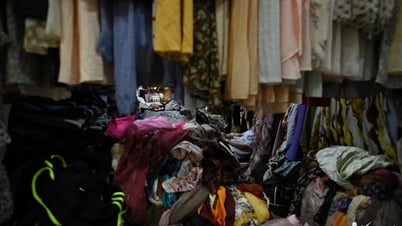
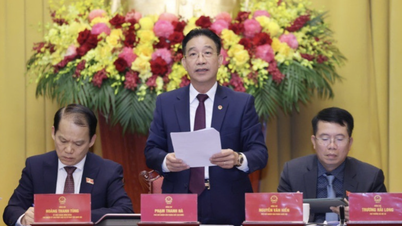






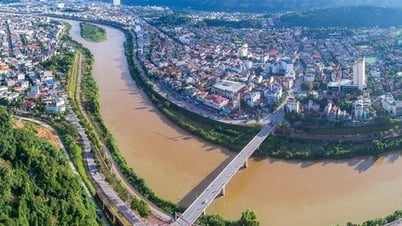

























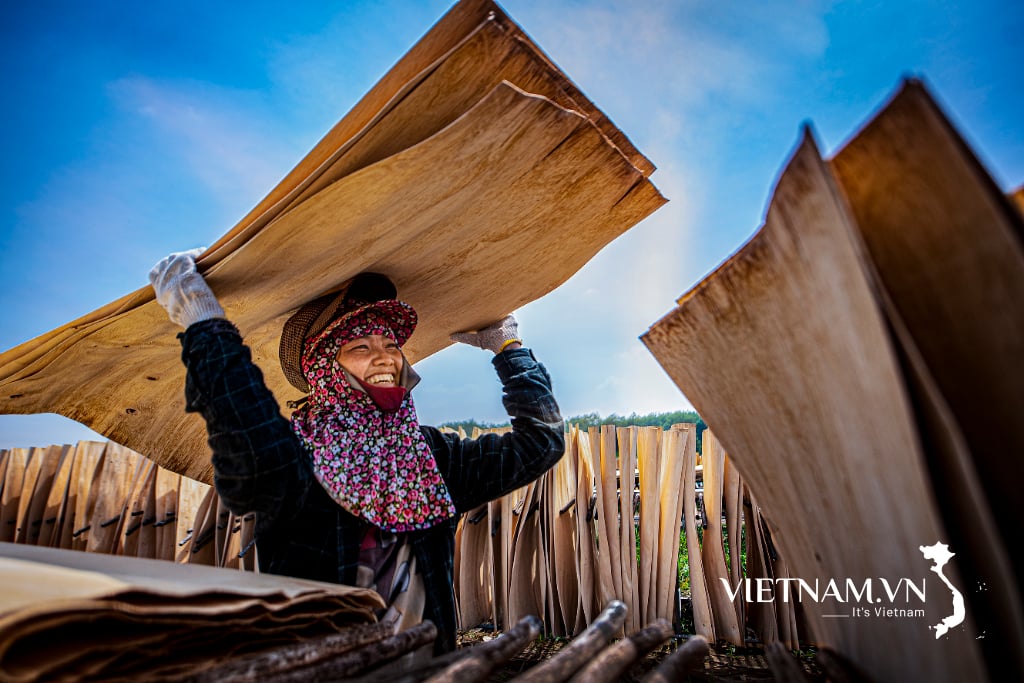

Comment (0)